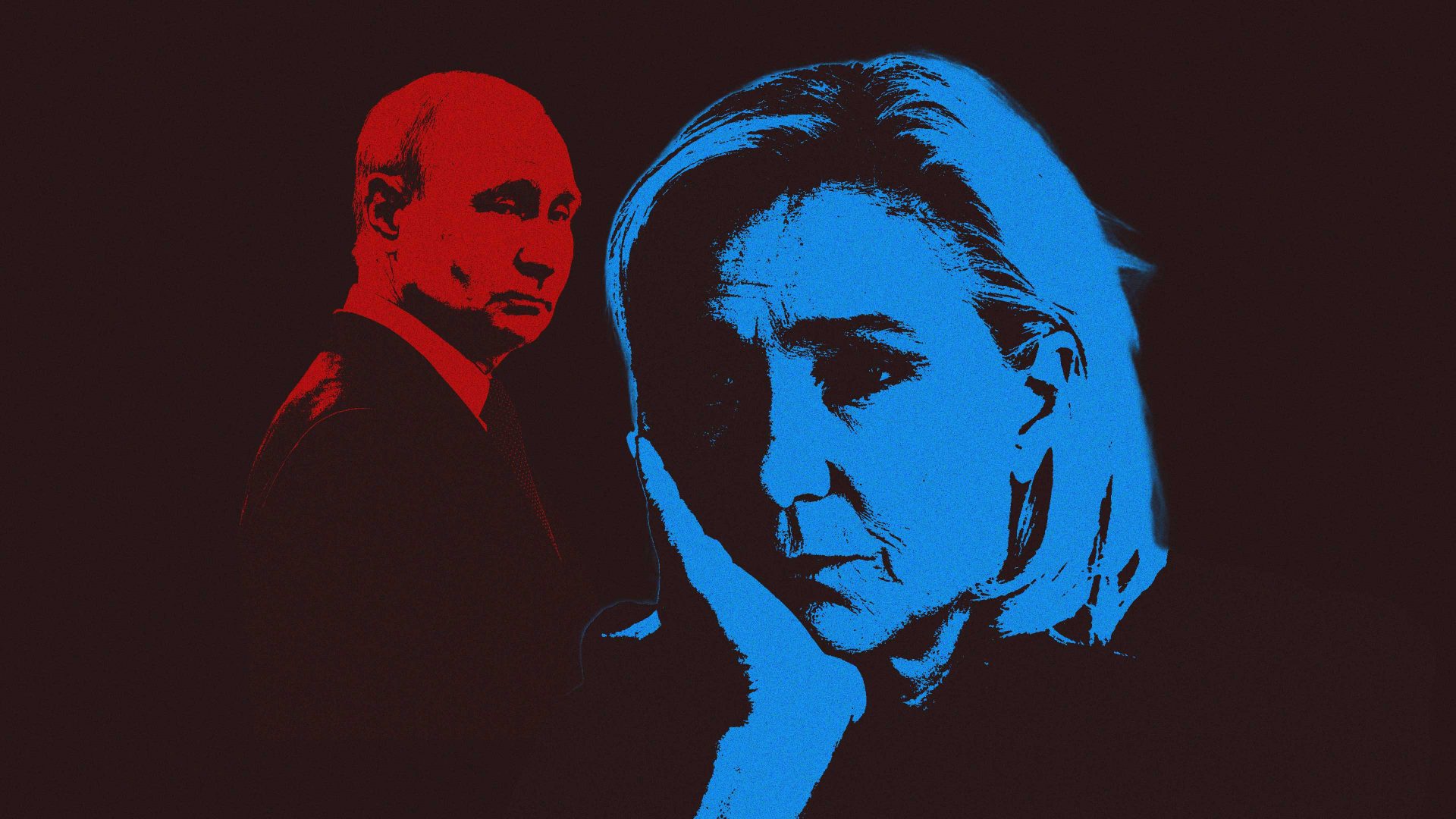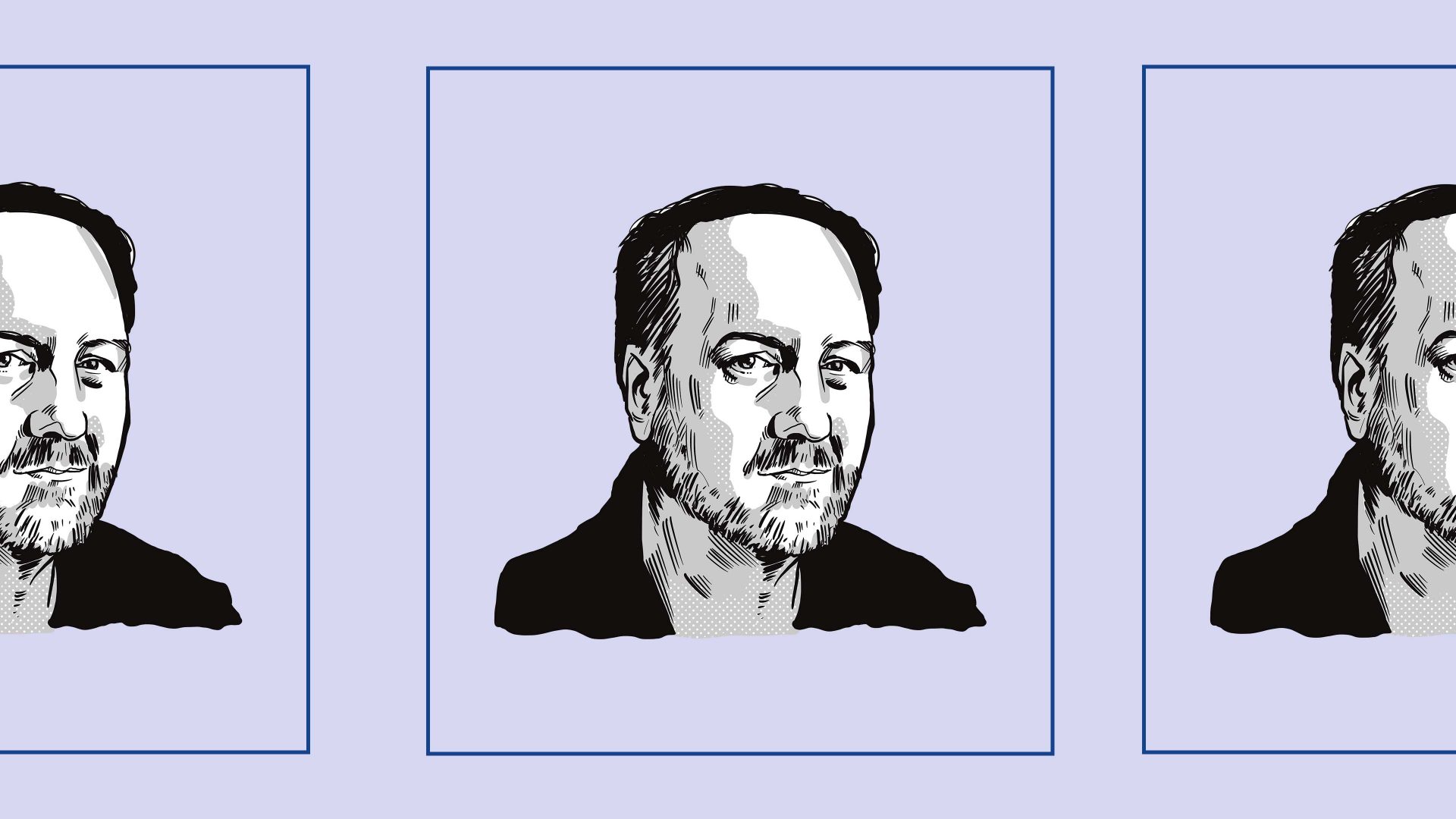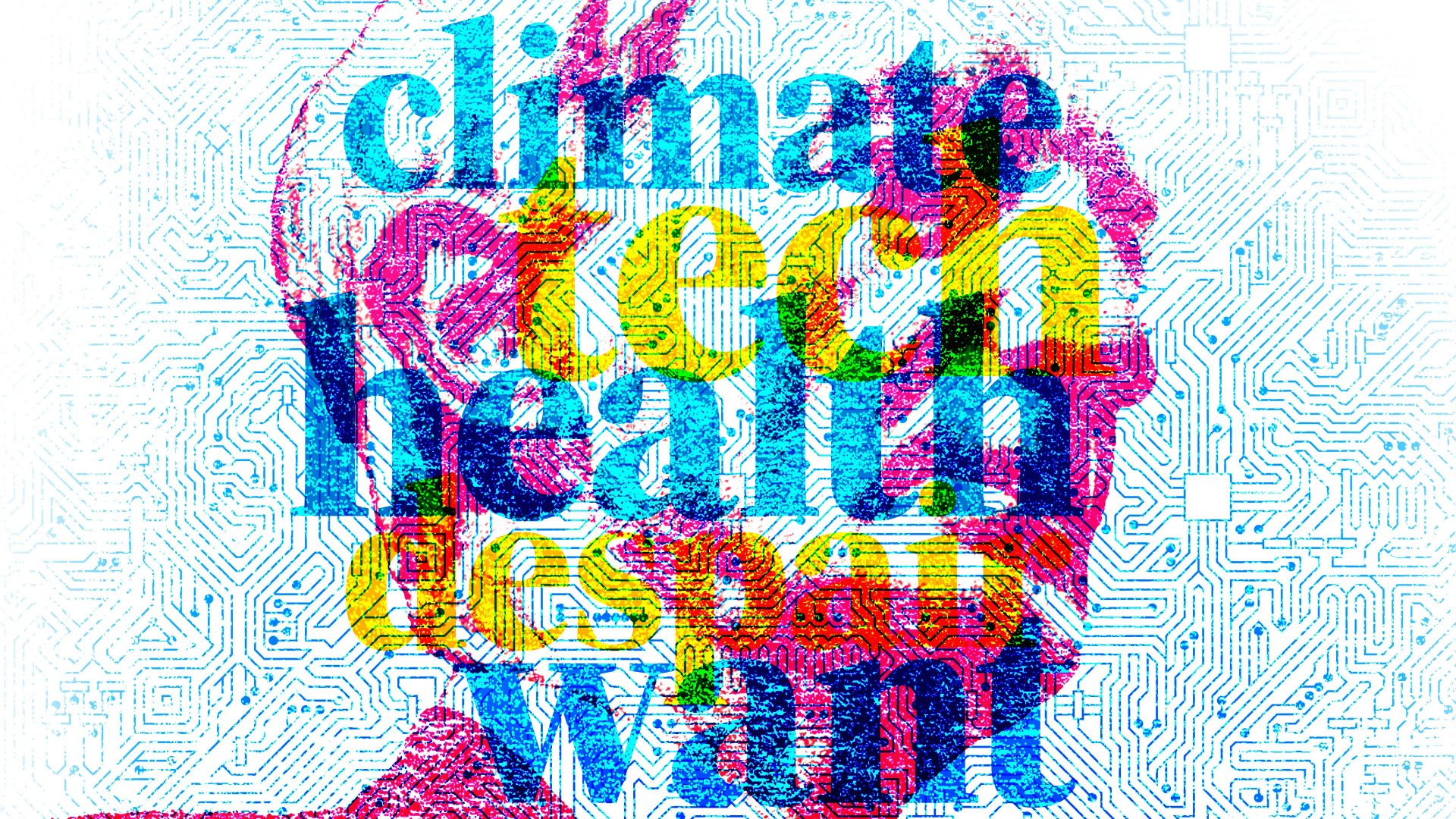Since Marine Le Pen’s defeat in the second round of France’s elections on Sunday night, social media has been full of videos showing Rassemblement National (RN) supporters waiting eagerly for the exit poll, their hopeful grins then dissolving into disbelief and disappointment.
But there will have been someone even more dismayed: Vladimir Putin. What appears to be a Russia-baked campaign of disinformation aimed at bringing Le Pen and her candidate Jordan Bardella’s extreme right party to power has failed.
The headline on the website of Tsargrad TV, part of the Russian propaganda press, said it all: “French election results: Russia supporters lost”. Tsargrad TV is funded by Konstantin Malofeev, an oligarch who previously financed Le Pen’s RN, has been accused of funding the war in Donbas and who has cheered on the deportation of Ukrainian children to Russia. The editor-in-chief at Tsargrad TV is infamous conspiracy theorist Alexandre Duguine.
There had been clear signals of Russia’s hopes for the election. For the first time, the Russian diplomatic corps openly expressed its support for the RN.
The Russian foreign ministry posted on X/Twitter that “the people of France are seeking a sovereign foreign policy that serves their national interests and a break from the dictates of Washington & Brussels”. The post was accompanied by a photograph of Le Pen looking triumphant, along with her slogan.
On the eve of the election, the Associated Press reported on a surge in disinformation campaigns “orchestrated out of Russia and targeting France”, which escalated during the legislative elections. The report cited French officials and cybersecurity experts in Europe and the United States.
That followed a June report by Viginum, the French governmental body responsible for tracking and protecting against foreign digital interference, on “Matryoshka”. This pro-Russian influence operation targeting the media and the fact-checking community, used Telegram accounts and bots on X/Twitter to plant fake news and sow confusion among fact-checkers.
Kremlin media and social network accounts have also aided the widespread demonisation of president Emmanuel Macron in France as an extremist “Nazi”.
Russian activity in France is also believed to have involved direct interference in fomenting civil strife. Some of the hate attacks that characterised the campaign have been blamed on Kremlin operatives.
Following an investigation, the French government concluded that swastikas daubed on Jewish homes in a Paris suburb after the Hamas pogrom of October 7, 2023 were painted by Moldovan agents of Moscow in an apparent attempt to both encourage antisemitism and to inflame relations with French Muslims.
Terrorist symbols of bloodied red hands painted at the Shoah Memorial in Paris this spring were similarly traced by French intelligence to the Kremlin.
A study by disinformation system experts at the French National Research Council has concluded that Russia interfered in the elections with the aim of fracturing political and social consensus and bringing the National Rally to power. It claims that Bardella’s increasing popularity on TikTok was helped by Russian bots and disinformation tactics, which boosted his presence.
Naivety about the Kremlin’s electoral destabilisation strategies is no longer an option, said David Colon, a historian of propaganda. “The Kremlin has been manipulating opinion in democratic nations for ten years, and this has intensified considerably since the war in Ukraine. France has become a priority target since president Macron declared in January that Russia must not prevail in Ukraine and put on the table the option of sending French troops and supplying combat aircraft.”
Yet it did not work. When the news that Le Pen and Bardella had finished third began to spread, the online Kremlin sycophants on Telegram and X/Twitter fumed about electoral manipulation and the hand of “Zionists, Nato, secret societies, transhumanists and the apocalypse”.
A Twitter account calling itself “Voice of Russia in France” offered followers the chance to obtain a Russian passport and leave the country. It also attacked Raphael Glucksmann, the leading French socialist who is fiercely pro-Ukraine who surveys show is the preferred prime ministerial option on the left.
The bitterness of the Putin machine and its sycophants on social media following the RN defeat is understandable. Many of the most flagrant Moscow apologists and anti-Ukraine figures on Le Pen and Bardella’s ticket were eliminated in the second round of voting, despite performing well in the first round.
MPs for French citizens living outside France, notably in European countries closer to Ukraine, fought off challenges from pro-Moscow RN candidates. Pierre Gentillet was one of the most notorious Putinophiles running for election, in a sensitive constituency in the Berry area of the Loire Valley, where multiple defence contractors are based. Yet the regular commentator on France’s hard right Fox News-style CNews was beaten by the centrist candidate from Macron’s Ensemble party.
As reported by Conspiracy Watch, a French media outlet, Gentillet is prone to making anti-Semitic statements, particularly about George Soros. He is a close ally of Bardella’s. Alongside a group of more than a dozen other RN candidates, Gentillet has been paid to travel to Moscow as an “international observer” of sham elections.
He has praised Putin’s governing style and foreign policy, founded the Pushkin Circle, a pro-Russian think tank, and has engaged in denial of the Russian army’s massacre in Bucha in 2022.
Another candidate tipped to win, yet defeated in the second round was Andréa Kotarac. He travelled to Crimea in 2019 for an international forum, and appeared at a major pro-Putin event there that was also attended by Le Pen’s niece, Marion Maréchal. A former member of the extreme left La France Insoumise (LFI, France Unsubmissive) Kotarac has also travelled to Syria on several occasions to meet Bashar Al-Assad.
Another notable loss for the extreme right and its Kremlin backers – was Le Pen’s sister Marie-Caroline. This lesser-known member of the extreme right dynasty is known to have met Malofeev, the oligarch financier.
She was parachuted into the Sarthe region and was a favourite to take the seat. However, after a strong campaign and tactical voting, she was vanquished by the centrist Macron-Attal candidate.
Other aspiring Moscow-friendly MPs who lost included Russia election observers Virginie Joron, and Jacques Myard, who is part of a pro-Russian disinformation group called CF2R. The far right conspiracist and RN-sympathetic Nicolas Dupont-Aignan, another defender of Putin, was also defeated.
As uncertainty and the prospect of ungovernability looms amid a hung parliament, Le Pen and Bardella remain well placed for the next French presidential election in 2027.
The spectre of the extreme left Jean-Luc Mélenchon, known for his Putin-friendly views including that Kyiv should stop fighting, is still hovering over the divided left coalition that has the highest number of seats.
Having failed to win government, the RN is now on the offensive at European level. It went mostly unnoticed on election night, but Bardella confirmed in his speech that the extreme right party – whose 2014 election campaigns were funded by a 9 million euro loan from a Russian bank, only recently paid back – was joining Patriots For Europe, new parliamentary group created by Hungarian prime minister Viktor Orban. The RN had not wanted to announce this before the second round, for fear of reigniting suspicions of pro-Russian sympathies.
Victory over Moscow is nonetheless, being savoured. “Today, in France, Putin has lost,” said the political philosopher and Russia expert Nicolas Tenzer.
“Freedom, rule of law and dignity have won.”



